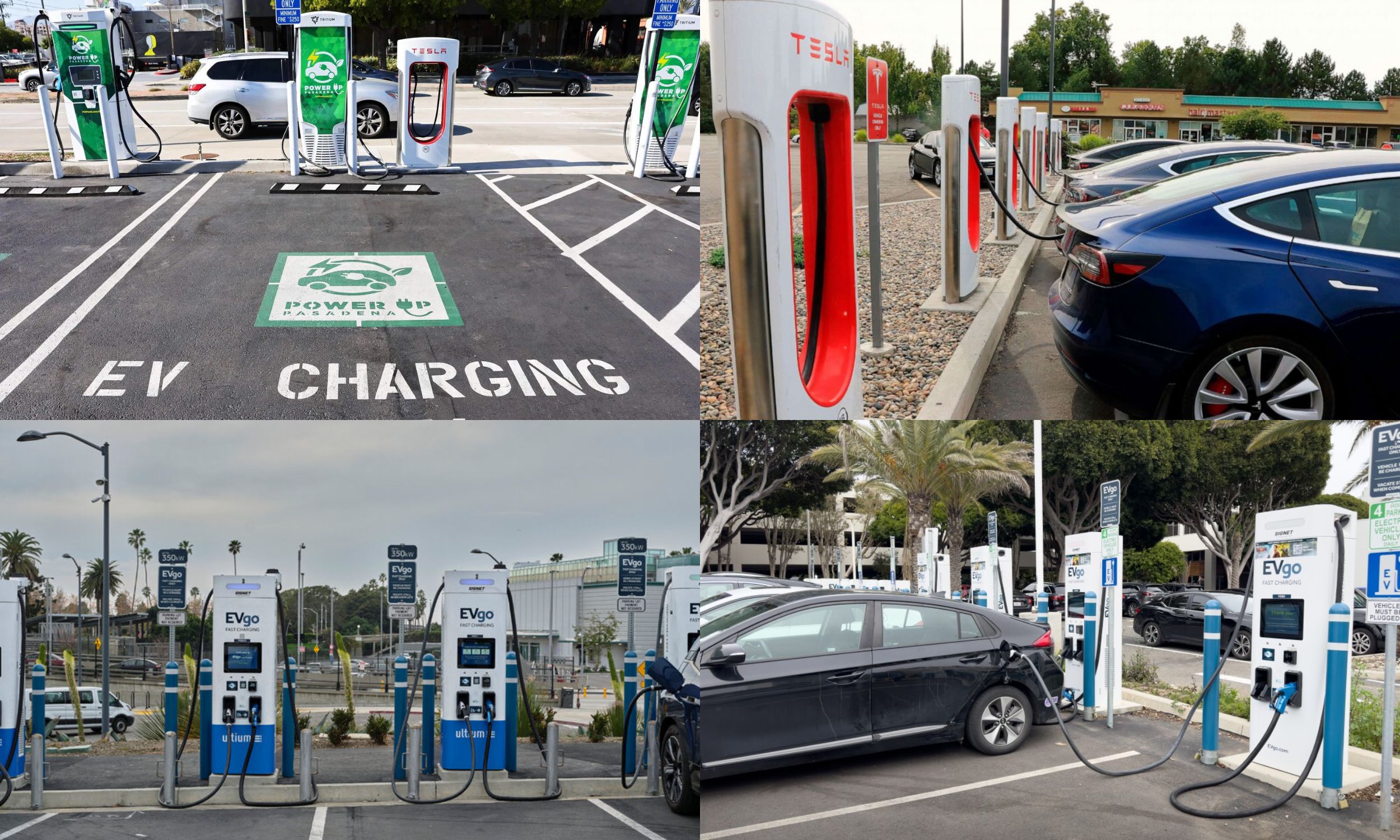On Tuesday, the Biden administration highlighted a remarkable increase in the availability of electric vehicle (EV) chargers, reporting a twofold rise since President Biden took office. According to the Energy Department, there are now 192,000 public charging ports nationwide, with about 1,000 new chargers being added weekly.
Despite this growth, the challenge of charger accessibility remains a major barrier for EV adoption, as many potential buyers worry about the feasibility of charging during long trips. Although the number of chargers has expanded, the administration has faced scrutiny regarding the speed of deployment.

The Bipartisan Infrastructure Law, enacted in 2021, allocated $7.5 billion to develop the national EV charging infrastructure. However, a March report by The Washington Post revealed that only seven chargers funded by this law were operational at that time.
An update from the Federal Highway Administration now indicates that 69 chargers funded through this program are in use, with expectations for rapid expansion. The agency noted that 28 states have secured funding for over 2,800 new charging ports.
The majority of the current charger network growth seems to be driven by private investments, as the administration has not yet provided a detailed count of federally funded chargers.
Alongside this announcement, the administration revealed plans to allocate $521 million in federal funds to support the installation of 9,200 chargers across 29 states, two tribes, and Washington, D.C. Cities like Atlanta and Milwaukee are set to benefit, with Atlanta installing chargers at its airport and Milwaukee focusing on areas with limited infrastructure, low-to-moderate income communities, and high-density housing.
President Biden has set a target for the U.S. to have 500,000 chargers by 2030.


